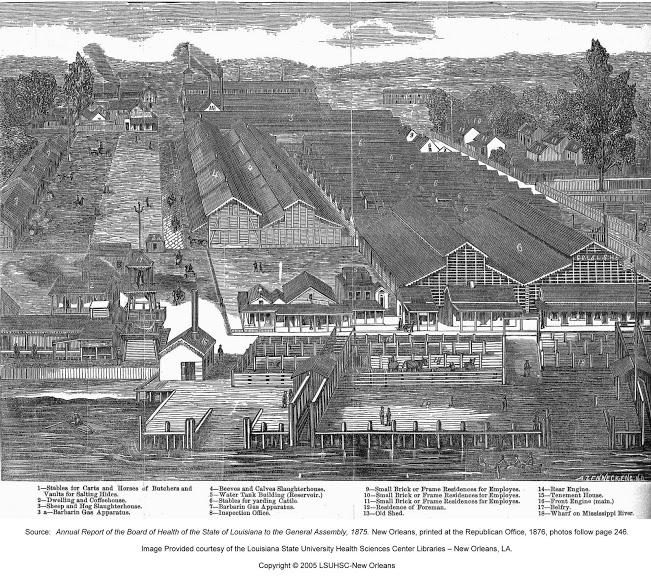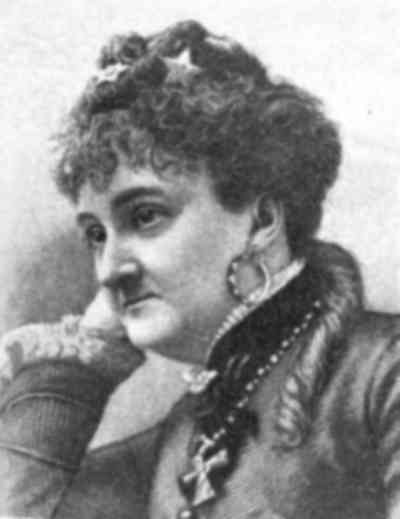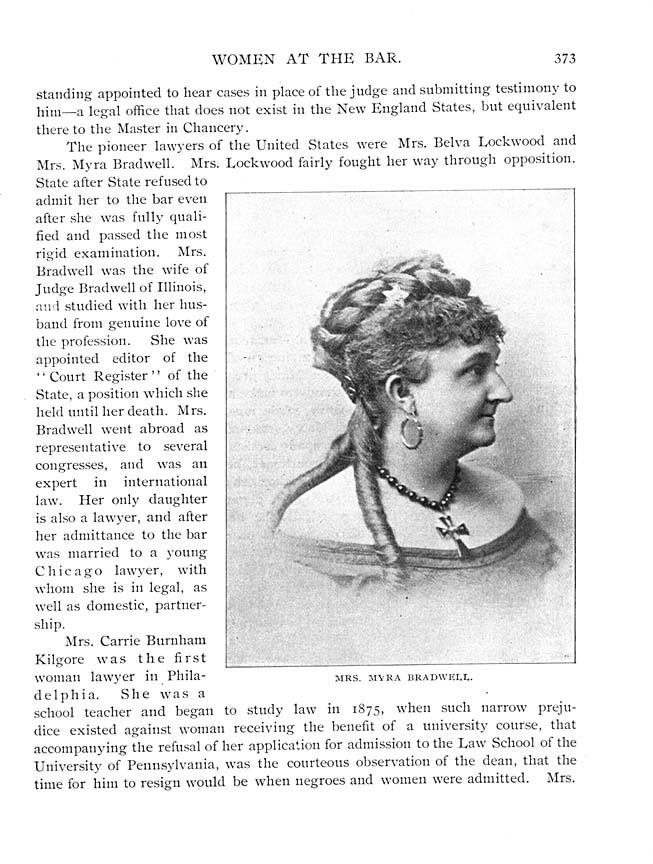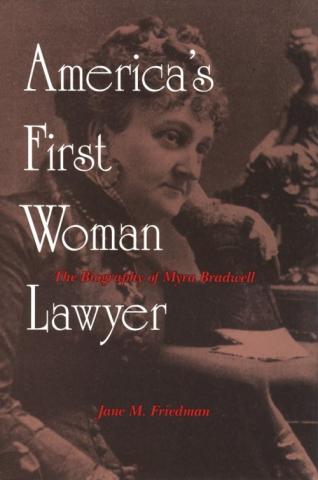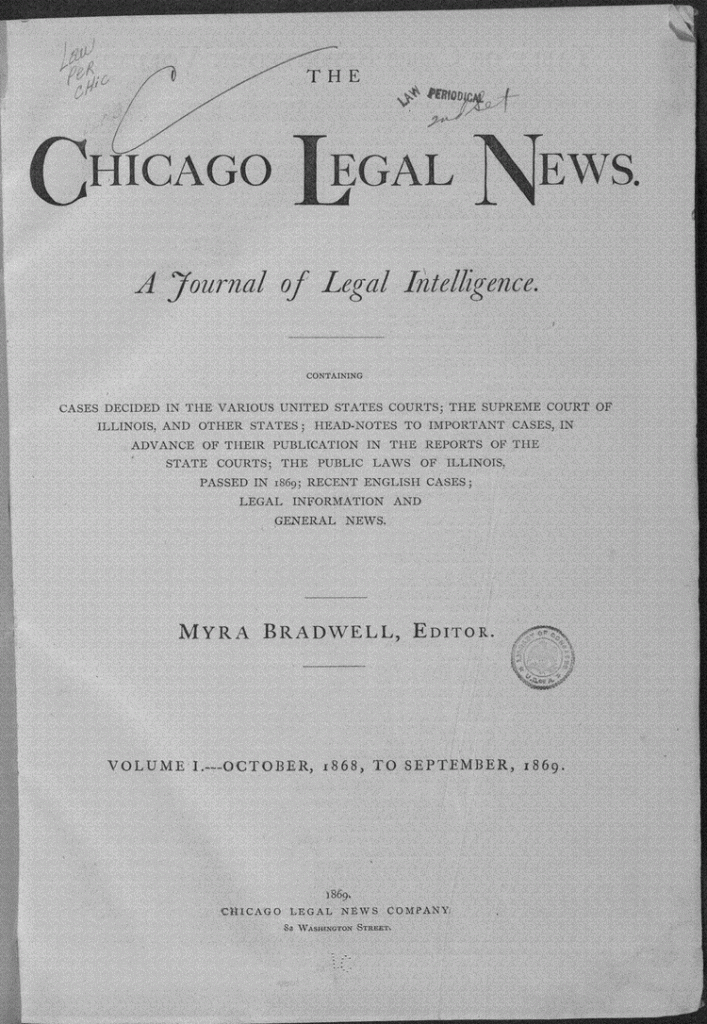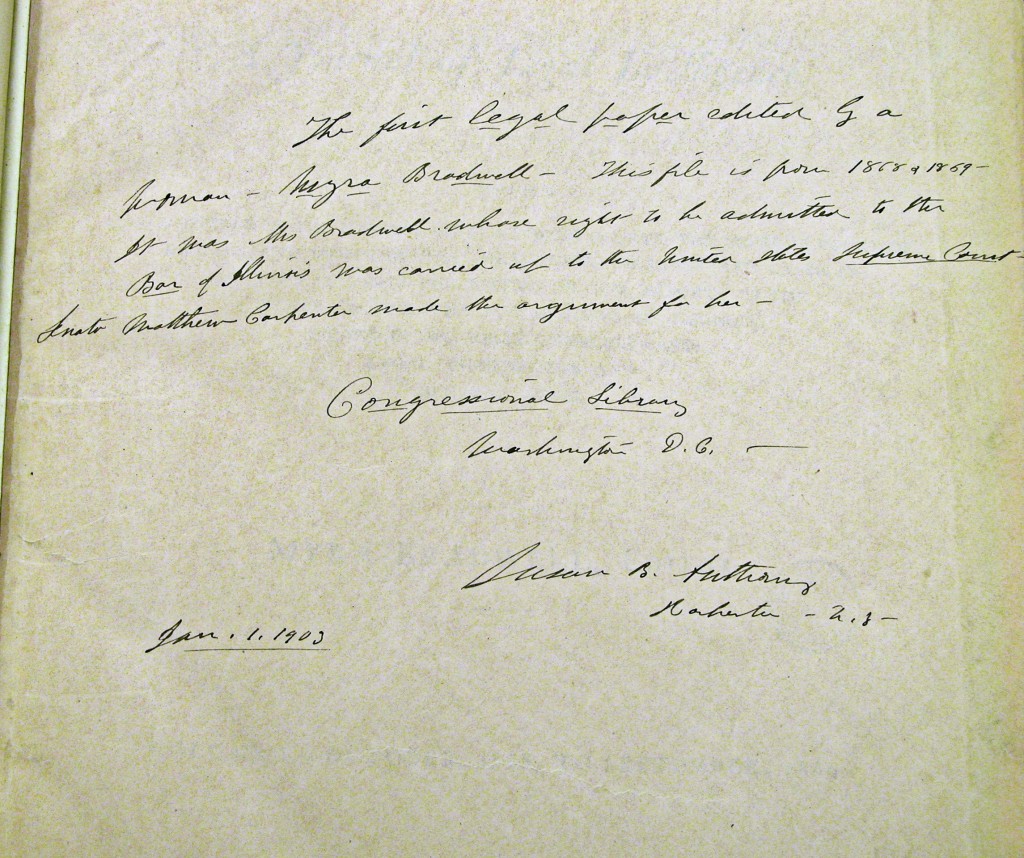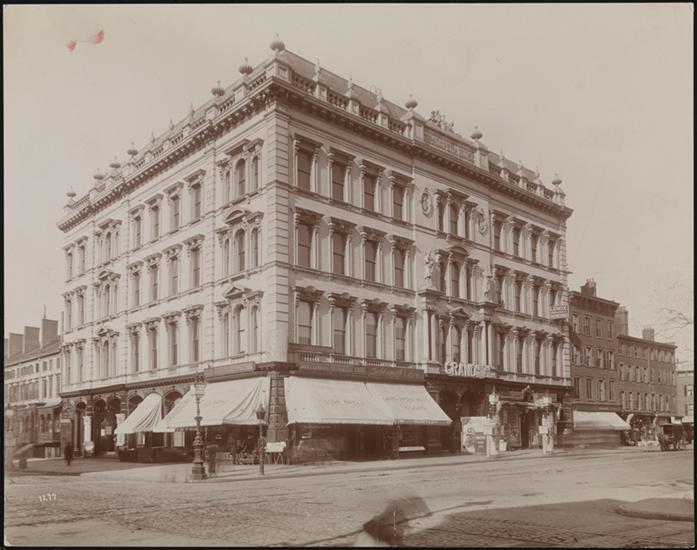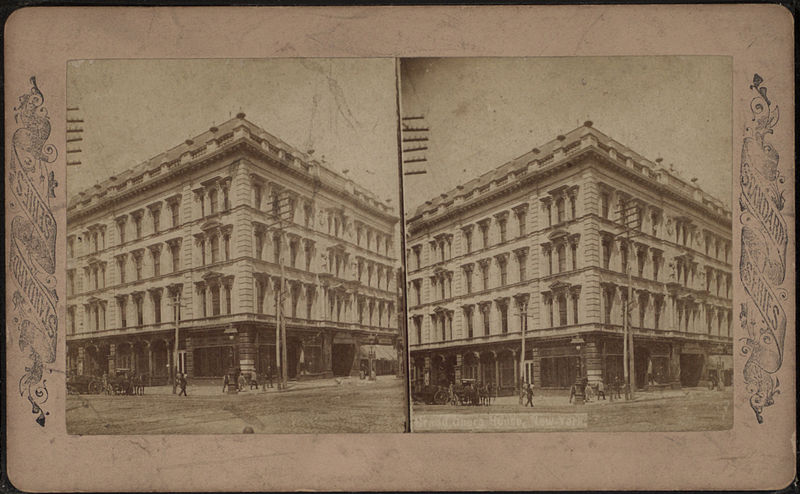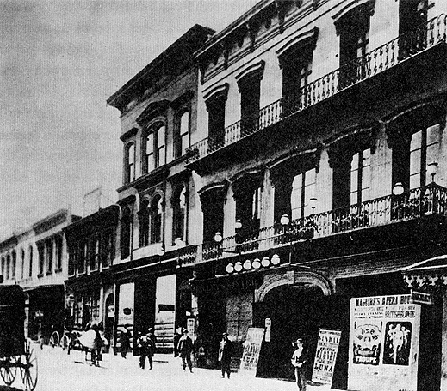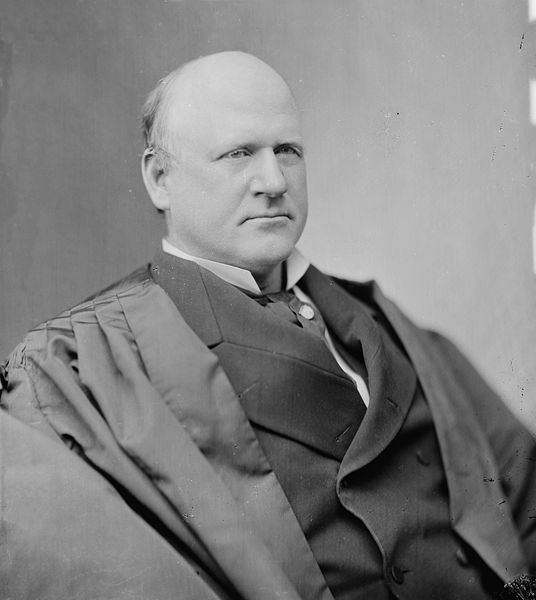Class 11 – 2/16/17
The Reconstruction Amendments
- The Emancipation Proclamation (527 – 529)
- The Adoption of the Thirteenth and Fourteenth Amendment (767 – 771)
- Contracting the Privileges or Immunities Clause (771 – 772)
- Slaughter-House Cases (Field, J., dissenting) (779 – 786).
- Bradwell v. Illinois (787 – 791)
- The Civil Rights Cases (814 – 831).
The lecture notes are here.
The Slaughter-Houses Cases
Here is a wood-cutting of the New Orleans Slaughterhouse.
Bradwell v. Illinois
This is Myra Bradwell, who sought admission to the Illinois Bar, leading to the Supreme Court’s decision in Bradwell v. Illinois.
Bradwell would become the editor of the Chicago Legal News, the first legal publication in the United States edited by a woman. The publication launched in 1868. Here is the first issue.
The Library of Congress has a copy of the first volume of the Chicago Legal News, donated by Susan B. Anthony. Even cooler, it includes a hand-written note in Anthony’s hand, which alludes to Bradwell v. Illinois.
It reads:
The first legal paper edited by a woman – Myra Bradwell – This file is from 1868 & 1869 – It was Mrs. Bradwell whose right to be admitted to the Bar of Illinois was carried up to the United States Supreme Court. Senator Matthew Carpenter made the argument for her.
Congressional Library
Washington DCSusan B. Anthony
Rochester – N.Y-Jan. 1.1905
The Civil Rights Cases
The Grand Opera House in New York City, formerly known as Pike’s Opera House, was located on the Northwestf Corner of 8th Avenue and 23rd Street, in Chelsea. It was was shut down in 1960.
Maguire’s Opera House, formerly known as San Francisco Hall, was a three-story theater on Washington Street between Kearny and Montgomery in San Francisco.
I was not able to find photographs of Nichol’s Inn in Jefferson City, MO, the Topeka Inn in Topeka, Kansas, or the Tennssee Parlor Car.
This is Justice John Marshall Harlan I, who authored the solo dissent in the Civil Rights Cases.
